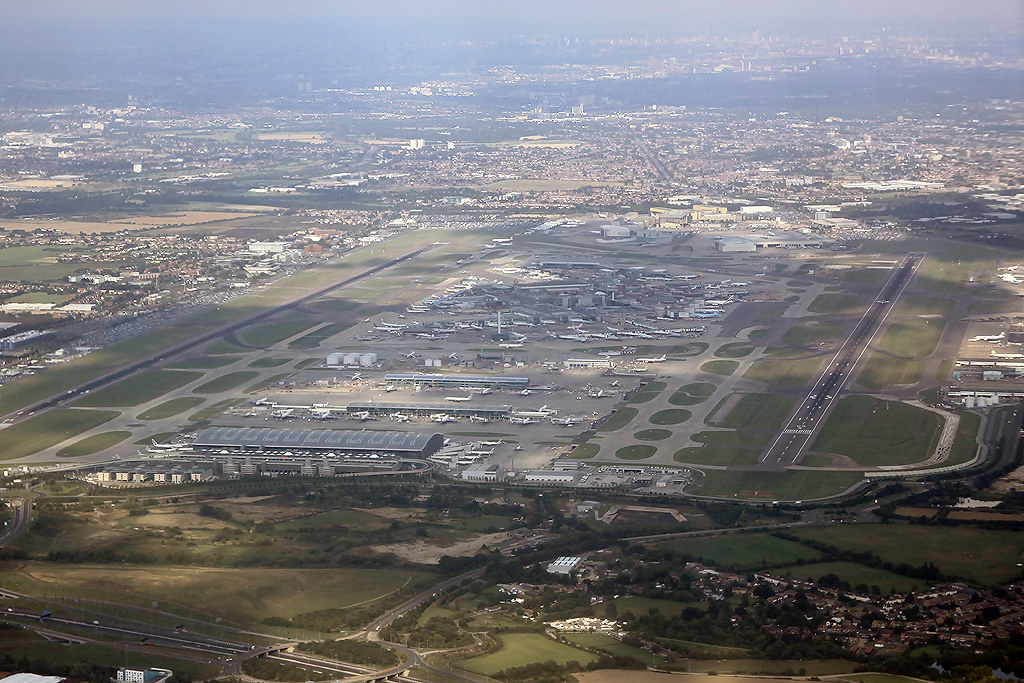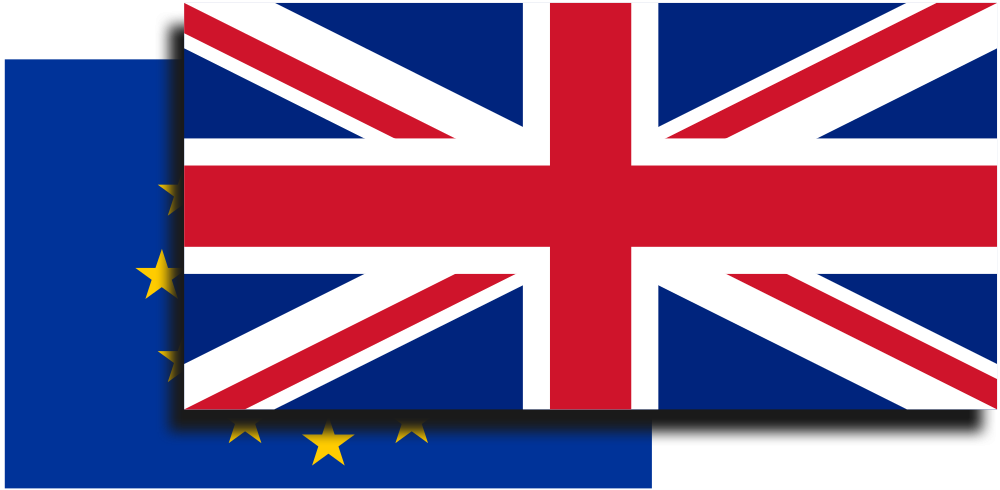By Jacqui Miller-Charlton MBE
As I sat at a round table type discussion regarding the future issues surrounding our region’s airport I was reminded of that age old adage ‘you never miss the water until the well runs dry’.
On learning more of what keeps the top team awake at night which could if left unchecked certainly threaten the airports long term future survival, I felt compelled to share with all my readers just how Scottish Devo max is set to affect us as a region much more than any other throughout England and the wider UK and why it’s imperative that we get behind and fully support a third runway at London’s Heathrow airport, whatever the outcome of the EU referendum.
Increased services to more destinations from both a national and international perspective have been hard fought in order to deliver to our region an airport where it’s become normal for those of us that travel for either business, pleasure or both to be able to do so from our regional capital that is Newcastle’s International Airport. Indeed for some of the business travellers amongst us (I flew at least 2-3 times a month during my time as Miller International’s Sales & Marketing Director) it’s the difference between being able to access a new market or not.
We never stop to consider as we go about our daily lives just how important an issue connectivity is in today’s global business environment or just how much of an inconvenience it would be if we had to travel to another airport outside the area to be able to reach those places we were attempting to sell into or visit for that special ‘me/family time’.
Imagine if you will the long term impact therefore of the SNP’s plans to half APD (Air Passenger Duty) as a first step toward potentially abolishing it all together. Effectively this duty is currently levied on all passengers across the UK (currently including all Scottish airports) and raises approximately £3.8 billion for the Exchequer. In their attempts to prove to the Scottish people that as a governing party they are capable of delivering a sustainable thriving economy for the country the SNP have decided using the powers granted to them following the Devo Max agreement (which the previous Collation Government agreed to prior to the Scottish referendum) that they will slash this Air Passenger Duty by 50%. This bold move will immediately make their regional airports a lot more attractive to fly into/out of than any of those located over the border in England who at this time are still tied to the entire cost of APD. Of course this will impact all of England’s airports, right? Well yes it does in respect of the cost of reduced APD and their inability to compete on this but geographically its impact on our airport in Newcastle (approx. 98 miles only from Edinburgh) with England’s next closest regional international airport of Leeds Bradford located approx. 222 miles away (clearly a lot less financially attractive to commuters from this area) it could prove catastrophic longer term as more and more passengers are tempted to choose a Scottish airport as their alternative to Newcastle. Why would they do so, well put simply when travelling say as a group of 4 the savings on APD could equate to anywhere between £13-£26 up to £94 – £194 per passenger travelling (depending on final destination) and in some instances even more. The Government have recognised this threat to England’s airports and indeed the Prime Minister conceded in the House of Commons in June of 2015 that this issue will cause unfair tax competition from our neighbours across the border. He said that the North East will be unfairly impacted and that a reduction to APD for Newcastle’s airport was a ‘positive suggestion’ and he promised that the government would ‘do what’s necessary’ to ensure that England’s regional airports succeed. However we must ensure that government deliver on that promise, we cannot simply sit back and accept that we are just another one of England’s regional airports and that the subsidy or solution government come up with to tackle this difficult issue will satisfy our region. Our airport must be treat as a ‘special’ case as if we are not then our region and all of our people will be effected by this completely unfair and unjust situation through absolutely no fault of our own. Indeed you only need to look at the now practically extinct Tees Valley Airport to understand the positive impact that air connectivity brings. It will be our regions airport that is most affected and as a result those hard earned international routes that took decades to attract as we rebuilt industry throughout the North East would be threatened, (think of Nissan, Komatsu and more recently Hitachi all responsible for thousands of direct and indirect jobs in the region and all wholly owned Japanese firms that require easy connectivity to reach their investment within our area).
It will be our region that will see less job creation and indeed a reduction in new employment longer term as more companies decide to invest in Scotland instead of the North East because of their cheaper air travel and greater international connectivity. This is not a trivial matter and our regions elected politicians need to be fully alert to the impact on us all and ensure that under no circumstance can they allow this untenable outcome to become a reality.
LHR (London Heathrow Airport) have openly recognised this huge threat to the BA route that flies 5 times daily to and from London carrying over 500,000 passengers and connecting a huge 50% onto other global destinations. To their credit LHR have gone some way to try and protect this service by reducing their charges as of January 1st 2017 by £10 per passenger, a move encouraged by the ‘National Connectivity Task Force’ in their attempts to protect these critical regional hubs.
Then of course there’s the other very important issue of a third runway at LHR. Why is this so important to Newcastle and our wider region you may think? Well it’s all about the economic impact that this third runway would deliver to not just Heathrow but to all of England’s regions including our own through the way in which they intend to manage the entire development.
The carefully compiled team that London’s Heathrow Airport have assembled to work on this project have been keen to consider the impact not just to the South East but to the wider UK in their attempt to get national support and in so doing offer opportunities for business up and down the country to bid for the hundreds of millions of contracts for the huge variety of materials and services that will be required to deliver on this project. In terms of direct benefit to the North East if a third runway were to go ahead then it is estimated that this project would generate a staggering £4 Billion in terms of economic benefits and up to 5,100 new skilled jobs as a direct result from the construction phase of the project alone.
It is also no coincidence that UK businesses trade up to 20 times more with countries that have direct daily UK connections and it’s why improving our connectivity across the World is of monumental importance to the future prosperity of our region and our nation whether we vote ‘Brexit’ or not.
We have always been an island trading nation and proudly still boast some world class firms in all types of industries and sectors producing world class products and services that most countries across the globe want to be able to access and benefit from. It is therefore imperative that we have a strong ‘Hub’ airport that allows companies to promote themselves on the world stage and by doing so take advantage of these opportunities in an ever changing world. For example if Mexico and Indonesia’s current growth rate continues then they are both set to be larger than France by 2030. As Heathrow is the UK’s only Hub airport then it stands to reason that it is only London’s Heathrow that can deliver the services we need fast enough to be able to compete globally at the pace we need to. It is only one of six airports from around the world that has more than 50 long haul routes and with the new capacity afforded by the delivery of a third runway then this would allow a further 40 additional long haul destinations. Imagine the opportunities this would provide our businesses?
A considerable help in driving direct investment and tourism to Britain whilst at the same time opening up many new and exciting overseas markets for British exporters to explore and sell to. As a nation we have been debating a third runway since the late 70’s, early 80’s and in that time some of our main export competition have built not one but two extra runways to ensure that they as a country can deliver on a vision that puts exporting, inward investment and global connectivity right at the heart of its country’s expansion.






